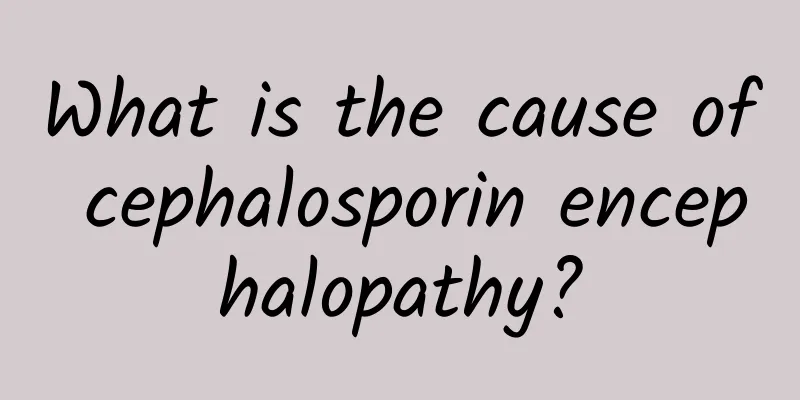How to treat and recover from nerve edema

|
Neurogenic edema is also called acute neurovascular edema. It often causes localized skin or mucous membrane edema. Generally, patients do not experience itching and pain. There are many causes, mainly due to unstable nerve function. In addition, diet or drug allergies may also induce this condition. At this time, it must be treated in time. It can be treated by taking antihistamines. Treatment Antihistamine receptor H1 antagonists are often used for symptomatic treatment. For patients with stubborn disease that does not respond to antihistamine receptor antagonists, antihistamine receptor H2 antagonists such as cimetidine (cimetidine) or lantidine can be used in combination, which can sometimes achieve satisfactory results. Ketotifen can also be used in combination. Sympathomimetic drugs are mainly used for patients with acute urticaria and/or neurogenic edema, especially laryngeal edema. 0.1% epinephrine should be injected subcutaneously. For severe acute allergic reactions, the injection can be repeated every 20 to 30 minutes. At the same time, glucocorticoids are given by intravenous drip and aminophylline is taken orally or injected intravenously. If the respiratory tract, especially the throat, edema occurs, tracheotomy or intubation should be performed if necessary to keep the airway open. Attenuated androgens such as danazol, stanozolol (Stanozolol), oxymetholone (Anadrol), etc. can be used to treat congenital C1INH deficiency, correct its biochemical defects and prevent attacks, but they cannot be used in children and pregnant women. The latter can only be treated with anti-fibrinolytic drugs such as 6-aminocaproic acid, which can sometimes control spontaneous attacks. Clinical manifestations It is acute localized edema, which mostly occurs in loose tissue areas, such as eyelids, lips, foreskin and extremities, scalp, ears, oral mucosa, tongue, and throat. The affected skin is tight and shiny, with unclear boundaries, light red or pale in color, soft in texture, and non-pitting edema. The patient feels no itching or mild itching, or has a numbness and swelling feeling. The swelling will subside after 2 to 3 days, or may last longer, leaving no trace after it subsides. It may occur singly or repeatedly in the same area, often accompanied by urticaria. When angioedema occurs in the laryngeal mucosa, there will be shortness of breath, discomfort in the throat, hoarseness, difficulty breathing, and even the possibility of suffocation. Generally there are no systemic symptoms. |
<<: What to do if the glans circumcision surgery causes edema
>>: How to care for rhinitis mucosal edema
Recommend
Where to massage for heavy moisture in the body
In life, people often say that no matter what you...
Can children eat antelope horns?
As we all know, in addition to pregnant women, ch...
Can I drink red dates water when I have my period?
It is good for her to drink some red dates water ...
How to drink Pangdahai in water?
Plantago ovata can be very effective in helping t...
The effects and contraindications of ginseng rhizome
Ginseng rhizome actually refers to the rhizome of...
What are the early symptoms of cerebral palsy in children?
If we want to improve the treatment effect of cer...
My heart keeps beating very fast, what's going on?
Under normal circumstances, the heart beats betwe...
What are the medicinal values of Sarcandra chinensis
Medicinal materials play a very important role in...
How to treat alcoholic liver disease? Do four things well
If you want to treat alcoholic liver disease well...
How to treat vulvar adhesions in female babies?
After ten months of pregnancy, expectant mothers ...
Will chickenpox definitely spread all over the body?
Chickenpox is a highly contagious disease that us...
I get a headache without coffee
For people who drink coffee for a long time, if t...
What to do if the tear sac is blocked? Treatment for blocked tear sac
The eye looks like a very simple sphere, but the ...
What are the treatments for rosacea?
Many people have seen rosacea. We have seen that ...
How to Taste the Quality of Red Wine
The main ingredients of red wine are grapes and s...









